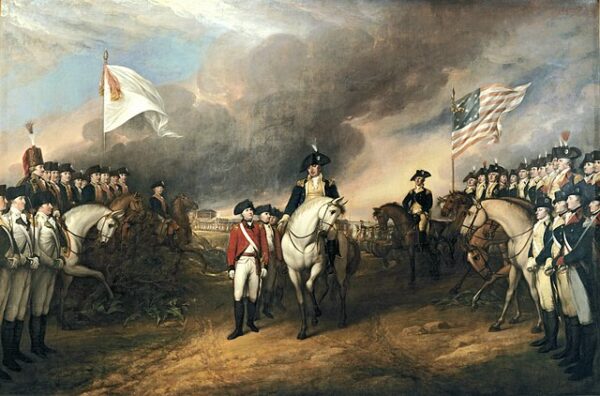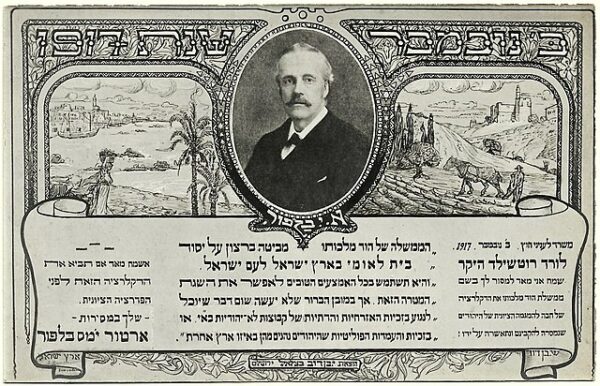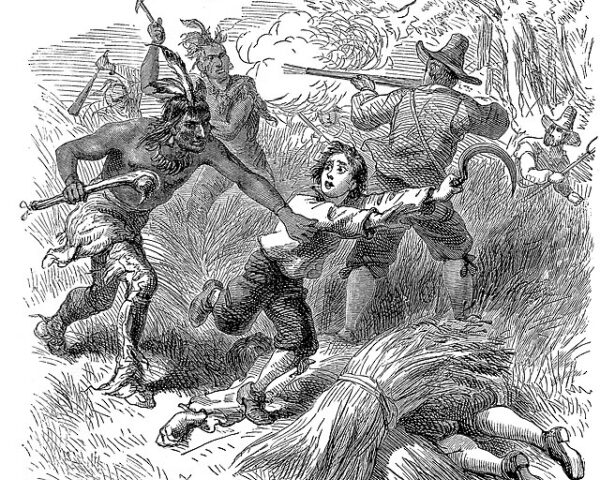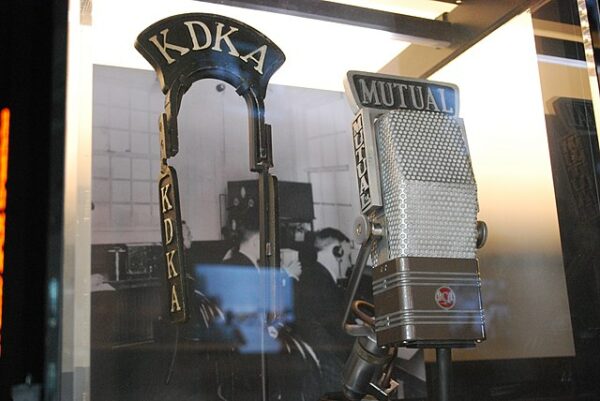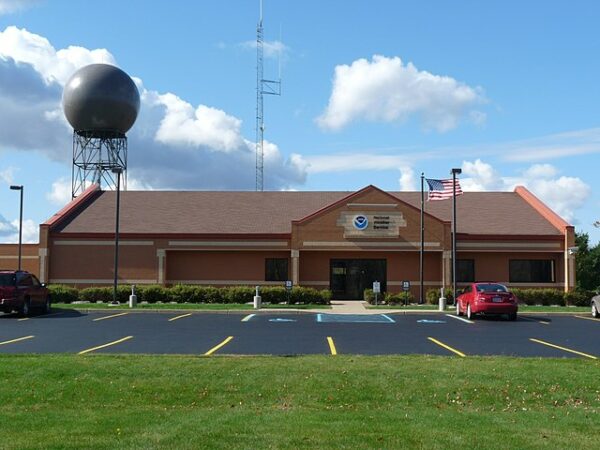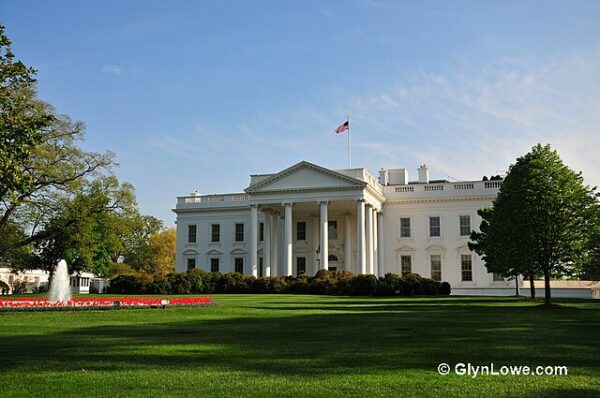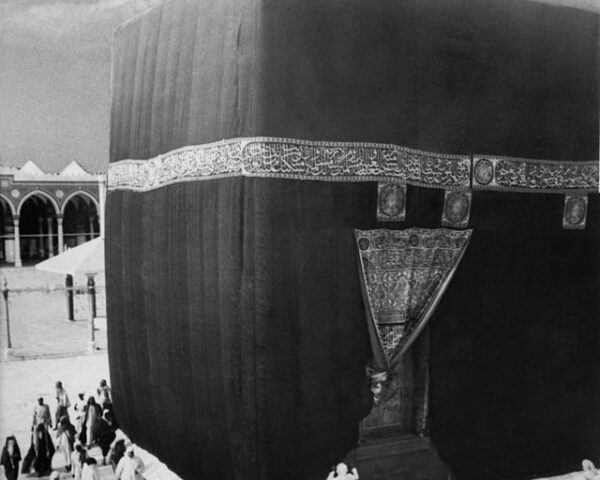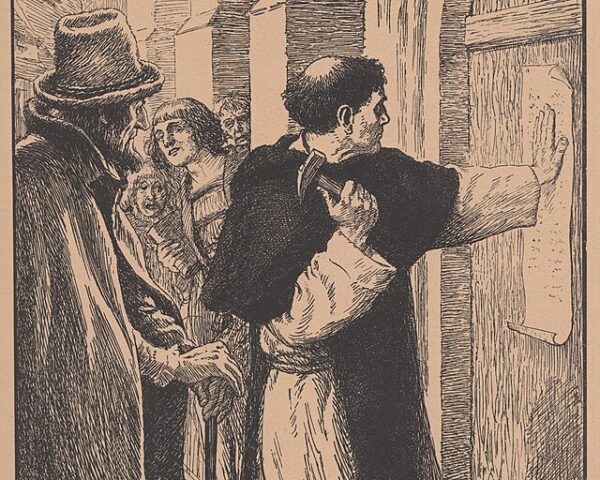After the terrorist attacks of September 11, 2001, we said we would never forget. Over a decade later, the physical embodiment of that commitment began rising from the ashes, glistening in the New York City skyline and telling the world that the United States…
Read MoreOn November 3, 1783, the American Continental Army was formally disbanded, marking a defining moment in U.S. history. This decision followed the signing of the Treaty of Paris in September 1783, which officially ended the American Revolutionary War. After nearly eight years of struggle…
Read MoreOn November 2, 1917, amid the upheaval of the First World War, the British government issued a letter that would alter the course of modern history—the Balfour Declaration. In just sixty-seven words, Britain became the first great power to formally endorse the establishment of…
Read MoreAs cold winds swept across New England, the uneasy peace between the English colonists and the region’s Native nations finally broke apart. On this day, Plymouth Colony governor Josiah Winslow led a combined colonial militia into the field against the Narragansett, marking a critical…
Read More“This is KDKA of the Westinghouse Electric and Manufacturing Company in East Pittsburgh, Pennsylvania. We shall now broadcast the election returns. We are receiving these returns through the cooperation and by special arrangement with the Pittsburgh Post and Sun. We’d appreciate it if anyone…
Read MoreOn the morning of November 1, 1870, a terse telegraph message pulsed across the new wires of the Western Union system from Washington, D.C. It marked a small beginning for something that would come to shape daily life, commerce, and national safety for generations:…
Read MoreOn November 1, 1800, President John Adams became the first leader of the young United States to reside in what would later be known as the White House, marking a pivotal moment in American history. Although still unfinished, the stately Executive Mansion represented the…
Read MoreOn November 1, 1512, All Saints Day, one of the most iconic pieces of Christian artwork was opened, and like it does today, it took people’s breath away. The History Channel writes, “Michelangelo Buonarroti, the greatest of the Italian Renaissance artists, was born in…
Read MoreOn October 31, 683 A.D., fire consumed the holiest sanctuary in Islam. During the bloody Siege of Mecca—the climax of the Second Fitna, or second great Muslim civil war—the Kaaba itself was set ablaze amid fierce fighting between the Umayyad Caliphate and the rebel…
Read MoreOn October 31, 1517, Martin Luther, a young theology professor, took a daring step that would ignite the Protestant Reformation, reshaping both Christianity and European society. Luther, an Augustinian monk and scholar at the University of Wittenberg in Saxony, was increasingly troubled by certain…
Read More


